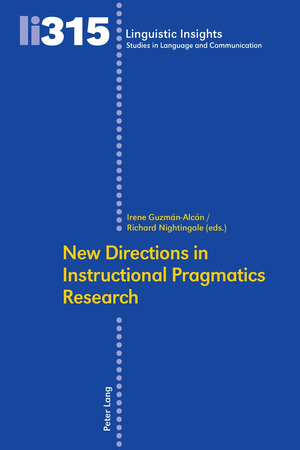
We know that both language attitudes and pragmatic competence are influenced by age and extramural factors (Baker, 1992, Portolés, 2015, Nightingale, 2012, 2016; Nightingale & Safont, 2019); and within this work, the critical role of digital media and the period ofadolescence are highlighted. We also know that contact with digital media has a positive impact on adolescents’ attitudes towards minority and foreign languages in multilingual contexts (Nightingale, 2016; Nightingale & Zaharcenco, forthcoming). Research also indicates a relationship between language attitudes and pragmatic competence (Sánchez Hernández, 2023), albeit mainly from a pragmalinguistic, SLA perspective. However, there still exists a surprising dearth of studies regarding the nexus between language attitudes and digital media use, and research on different aspects of sociopragmatic awareness in multilingual contexts is still in need of further development (Portolés, 2015, Safont, 2013, 2018, 2022, 2023). For these reasons, the current chapter aims to contribute to this apparent gap in the literature by exploring the potential relationships between digital media contact, language attitudes and sociopragmatic awareness in multilingual adolescents. In this sense, the study takes a multilingual approach, focusing on the three most salient languages in the participants' sociolinguistic context; namely, Catalan, Spanish, and English. The variables included are intensity of multilingual digital media use, multilingual language attitudes, and sociopragmatic awareness of appropriateness in requestive behaviour between the languages in question. Results indicate positive relationships between the variables, and are especially encouraging regarding the minority language.